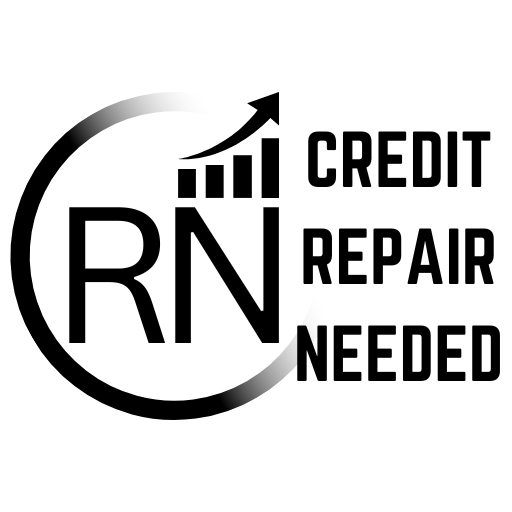Debt Management: Introduction
Introduction to Debt Management Basics
What is Debt Management?
Debt management refers to the strategies and practices used to control and reduce debt. It involves a systematic approach to paying off existing debts and managing ongoing financial obligations. The goal of debt management is to reduce the total amount of debt, lower interest payments, and ultimately achieve financial stability and freedom.
Managing Debt
Maintain a budget to manage and reduce debt effectively.
Why You Need to Manage Debt
Managing debt is crucial in improving your credit and achieving financial stability. Our debt management resources are designed to help you understand your debt, create a plan to pay it off and explore various strategies for debt reduction.
- High interest costs: The longer you take to pay off your debt, the more interest you’ll accumulate, which can significantly increase the amount you owe.
- Credit score damage: Late or missed payments can hurt your credit score, making it harder to get loans, mortgages, or even a job.
- Emotional stress: Debt can cause anxiety, depression, and strain on relationships.
- Limited financial freedom: Being in debt can prevent you from making important life decisions, such as buying a home, starting a business, or even taking a vacation.
The good news? Effective debt management can turn your financial situation around, helping you regain control and achieve your financial goals.
Understand Your Debt
First things first: know what you owe. Gather all your financial statements and make a list of your debts, including
- Creditor names: Who do you owe money to?
- Total amounts owed: How much do you owe each creditor?
- Interest rates: What are the interest rates for each debt?
- Minimum monthly payments: What’s the minimum amount you need to pay each month?
Understanding the details of your debt is the first step towards managing it effectively.
Debt Consolidation - Get To Know This
Explore the pros and cons of debt consolidation and learn whether it’s the right strategy for your financial situation. This comprehensive guide covers
- What is debt consolidation?
- Types of debt consolidation (personal loans, balance transfer credit cards, home equity loans)
- Advantages and disadvantages of each method
- How debt consolidation affects your credit score
- Step-by-step process for consolidating your debt
- Alternatives to debt consolidation.
